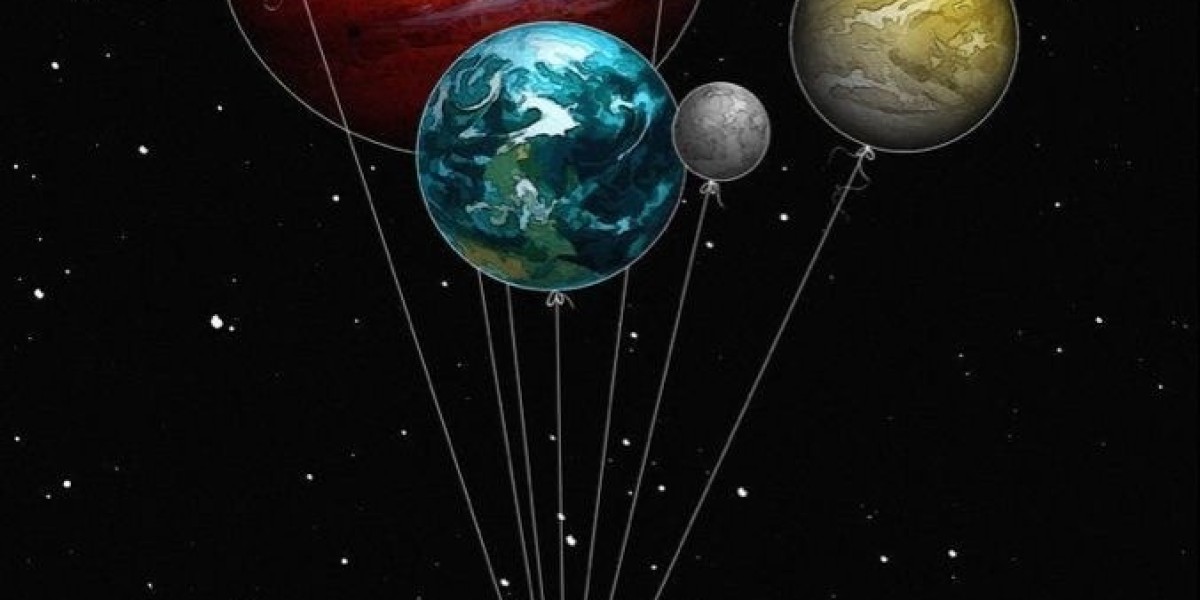In a metaphorical sense, "jungle" can describe a chaotic, competitive, and unpredictable environment. It suggests a place where survival of the fittest reigns, with intense competition, dangers lurking, and limited resources. It's often used to describe certain aspects of the business world or societal dynamics where individuals or entities fiercely compete for success.
Describing the world as a jungle metaphorically suggests that it's a place where individuals or groups compete fiercely for resources, power, and survival. It implies a harsh and unforgiving environment where only the strongest, most adaptable, or most cunning thrive, while others may struggle or perish. Just like in a jungle, there are predators and prey, alliances and betrayals, and constant challenges to navigate.
The metaphorical “jungle” aspect of the world highlights its complexities, uncertainties, and the competitive nature of various domains. In this jungle, individuals, organizations, and nations vie for dominance, resources, and influence. It’s a world where economic markets fluctuate wildly, political landscapes shift unpredictably, and social dynamics evolve rapidly.
Within this jungle, there are power struggles, conflicts, and collaborations. Just like in a real jungle, there are predators and prey, where some thrive on the vulnerabilities of others. However, there are also symbiotic relationships and alliances formed for mutual benefit.
Moreover, the jungle metaphor underscores the importance of adaptation and resilience. Those who can navigate the challenges, innovate, and seize opportunities are more likely to succeed. Yet, the jungle is also a reminder of the inherent risks and dangers present, requiring vigilance and strategic decision-making.
Overall, viewing the world as a jungle metaphorically captures its dynamic, competitive, and sometimes brutal nature, while also acknowledging the potential for growth, cooperation, and survival amidst the chaos.




Marcelo Orlando 34 w
Gostei